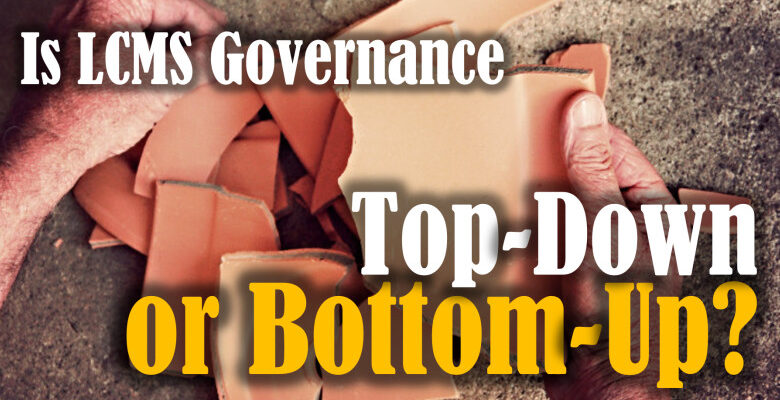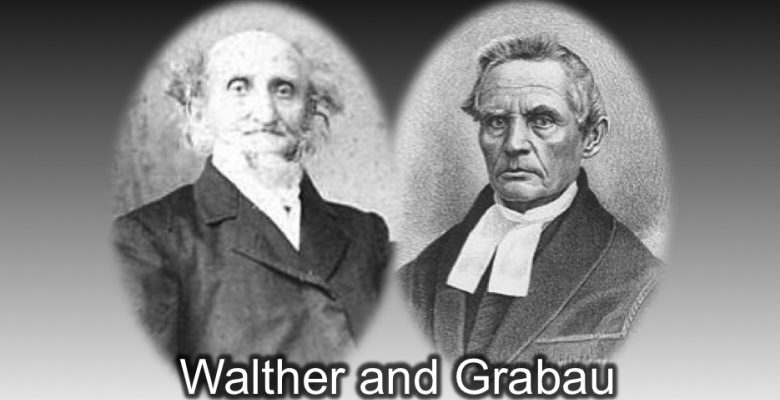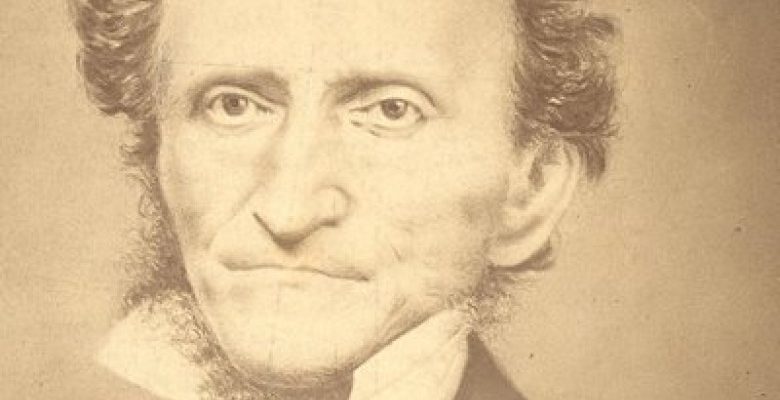In the LCMS struggle with the choice governance structure, this essay supports the historical and Scriptural governance: Synod serves congregations.


In the LCMS struggle with the choice governance structure, this essay supports the historical and Scriptural governance: Synod serves congregations.

Pat Ferry’s 2022 Commencement Speech: We can’t accomplish Luther’s “Here I stand” without also following Jesus Christ’s command to “Go”

LCMS Boards populated by members whose names were on the infamous United List were elected at a 90% rate at the 2016 Milwaukee convention. It’s been eighteen months since their elections. What do we know now about their decisions? We know United Listers have increased centralized control. Contrary to our Constitution and Bylaws, they’ve handed ecclesiastical supervision to one man to enforce a dark conformity over congregations, pastors and rostered workers. In May, 2017 United Listers on the LCMS Board gave powers to the Synod President which radically changed Synod. Membership is plummeting — 68% faster than ever before. How did this hierarchical, centralized takeover of our Lutheran church happen? A United Lister named Sias became Secretary at Milwaukee. He disagreed with decades of precedent and wrongly advised the United Lister Board it is OK to take ecclesiastical authority away from District Presidents (DPs). Many brave DPs sent public letters

“Faithful churches cultivate character.” Thus writes Concordia Seminary Professor Joel Biermann in his book, A CASE FOR CHARACTER: Towards a Lutheran Virtue Ethics. 1 Rev. Dr. Biermann recounts how Lutherans are unfairly portrayed as soteriological reductionists pitting law and gospel against one another. Some critics say Lutheran theology and ethical teaching simply don’t fit together. Biermann admits some Lutheran preachers have indeed spent too little pulpit time on clear Scriptures regarding how we Christians ought to live. Dr. Biermann’s prescriptions for re-emphasizing our Lutheran Confessions’ solid commitment to character and virtue ethics are valuable. His book’s message is also timely as we witness widely-known men losing leadership positions due to their wrongful actions toward women as revealed via the #metoo movement. Joel reminds fellow pastors, “Christian people need to be trained in virtue. A noble character does not simply happen.” He also believes community can still shape and sustain a

The History, Theology and Practice of Congregational Self-Governance in the LCMS In terms of governance and order, the Missouri Synod has throughout its history balanced power between the baptized and the ordained. We have made our decisions at conventions through votes mediated by an equal representation of clergy and laity. These votes were not to be viewed as mandates, but as carefully crafted and thoroughly dialogued advice. In a fun, tongue-in-cheek essay, the Editorial Staff of Congregations Matter has provided another brief history of the LCMS on one issue: Congregational Self-Governance as opposed to the current Synod trend towards hierarchialism. The essay reviews our history, theology, and the unfortunate, current tendency of our Synod to move from prizing the Priesthood of All Believers and Congregational Polity toward a foreign, non-Lutheran emphasis on maintaining and growing the structure itself and fulfilling its needs at the expense of the our “first love”:

Missouri Synod history is replete with instances when those who espoused hierarchical control were in conflict with “Missouri’s” understanding of Scripture on the issue of congregational autonomy. We are sad to see the growing attack on the Scripture in our Synod on this principal upon which the Synod was founded! The following article by Pastor Mike Ramey is a comprehensive historical overview of a grave time in our Synod when first and founding President C.F.W. Walther had to fend off attempts by Grabau and Loehe to exert a hierarchical approach to governance at the expense of the local congregation in his day. History Repeats Itself We need to be aware that a full fledged attack on the rights of the local congregation is in full swing in our day. President Walther would have been gravely saddened and moved to pick up the fight should he have lived to see the darkness that is descending upon our beloved Synod in our

With a letter to the congregations and rostered members of his district, District President (DP) John Denninger of the Southeastern District joined the growing number of LCMS leaders voicing their opposition to recent and unconstitutional bylaw changes giving final ecclesiastical supervision to President Harrison. At President Harrison’s request and Secretary Sias’ hand, the United List majority of the Synod Board of Directors (BOD) wrested the constitutional, historic responsibility of ecclesiastical supervision from District Presidents. Without vote or action of the Milwaukee Convention, the BOD gave this responsibility to one man. The President of Synod now is the de facto ecclesiastical supervisor of the LCMS. Harrison has taken ecclesiastical supervisory decisions away from our 35 District Presidents. He relocated those life-changing decisions to his own desk inside the secretive International Center in St. Louis. Wrested Power Over Congregations First, Council of Presidents Chair, Texas DP Hennings stood his ground against this dangerous

We all expect, even demand our “rights” – right to life, liberty, civil rights, human rights, women’s rights, rights of the unborn. As Americans, we have a “Bill of Rights.” As followers of Jesus and members of the LCMS, we have rights within our Synod. That is, until someone tries to take them away. “The Congregation’s Rights” in the Lutheran Church – Missouri Synod also demands our attention. Our Synod has a history of drifting away from our foundations, a tendency in our history to lift up the human organization of Synod, or the clergy, or Synod leadership above the congregation. Sometimes there’s a group – or an individual – pushing us down that road away from an advisory Synod. It is happening now. We need to push back. Executive Summary Before the Synod was formed in 1847, the Saxon immigrants under Pastor (later “Bishop”) Martin Stephan had a polity in

Sadly, our Synod is moving toward a greater centralization of power. Despite the LCMS being historically a Synod of congregations bound together by a common confession and walking in love, we are more and more ruled by an administration in the International Center bent on control. If we resign ourselves to a Synod with centralized control, we will never have freedom from fear as workers in the harvest, freedom from church-political agendas that limit the Gospel — and we will never be free to be the Church our Lord has called us to be, nor fulfill His commission for us as followers of Jesus.